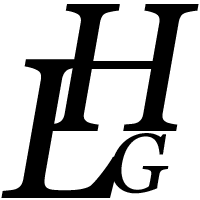- INFO
- Press
- ARTISTS / EXHIBITIONS
- Yyngrii / Birna Maria Yngri
- Hafstein Michael - II
- Simen Engen Larsen
- Kristinn and Sigurbjorn
- ZISKA - Harpa Einarsdottir
- Sigur
- 'Made Up and Let Down'
- No Mans Land
- Amstervik / Reykjadam
- Matthew James
- FOOLSGOLD : ICELAND
- Responsive Existence
- Malin Stahl
- Bergthor Morthens
- Doddi
- Oskar Ericsson
- Gudmundur Thoroddsen
- Casper Electronics
- Group Exhibit Of Photography
- Product of Iceland og Singapore Sling
- Scott Alario & Marguerite Keyes
- Sigtryggur Berg Sigmarsson
- Anik Todd & Una Stigsdottir
- Unnur Andrea Einarsdottir
- 17. June
- Princes of Royal Blood
- Hafsteinn Michael
- Paul LaJeunesse
- Holmes
- Moms
- Kristjan Zaklynsky
- Alexander Zaklynsky
- PROJECTS / COMMISSIONS
- Restoration 2010
- Kex Art Factory
- The Restoration
- The Journey Monument
- Menningarnott 2008
- Sirkus Grounds -
- VIDEO + SOUND
- An Homage to the Inner Scar - La Cicatrice Interieure (1972)
- Snowboarding Blafjoll
- MUNDI
- Sequences 2008
- Southside
- Ben Frost and Reykjavik
- Sketches
- Singapore Sling
- The Diversion Sessions
- Borgar & Kira Kira
- Hey Calypso
- BeeX
- SUBAQUA
----------------------------------
The Lost Horse Gallery
Contact:
Azaklynsky@gmail.com
----------------------------------
焉
